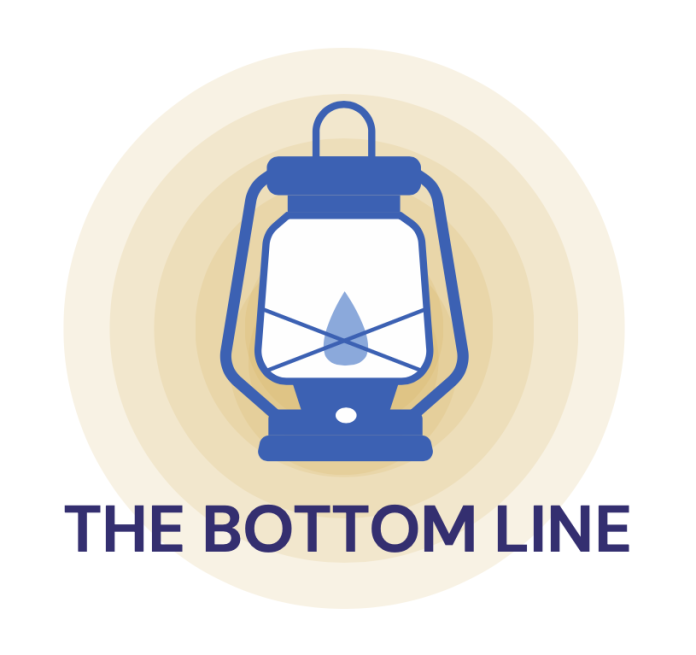Ellery Stankus
Contributing Writer
Jan. 20 marked the end of Biden’s four-year administration and welcomed a returning president: Donald Trump. Within hours of his second term, Trump signed 37 executive orders, with some garnering the attention of the nation’s younger generations. More specifically, Trump’s overturning of the TikTok ban reached national — and international — news. TikTok is a social media platform owned by a China-based company, ByteDance Ltd. It rose to prominence during and after the COVID pandemic but faced controversy over its influence on teens and TikTok’s foreign involvement.
Trump took action against a Supreme Court-approved TikTok ban by signing the Application of Protecting Americans from Foreign Adversary Controlled Applications Act to TikTok. From the day the order was signed, Jan. 20, the ban was lifted immediately and put on pause for 75 days. According to the Order, Trump “[instructed] the Attorney General not to take any action to enforce the Act.”
The Protecting Americans from Foreign Adversary Controlled Applications Act was passed in the House of Representatives on March 13, 2024. This act “prohibits distributing, maintaining, or providing internet hosting services for a foreign adversary controlled application (e.g. TikTok).” However, this law didn’t go into effect, and the app was still usable until TikTok appealed and brought the act to the Supreme Court. In the ruling of Inc. v. Garland, TikTok argued that banning the app violated Americans’ first amendment free speech rights. Prosecutors countered that claim by drawing attention to the national security threat that a foreign-owned social media platform posed. The Supreme Court ultimately ruled in favor of Garland, and the law went into effect on Jan. 19, one day before Trump was inaugurated.
TikTok has since been reopened for public use with the caveat that users cannot download the app if it wasn’t already downloaded before the initial ban. Its 75-day unbanned period begs the question, what is the fate of TikTok? There is speculation that top entrepreneurs in the United States might try to buy the platform, with rumors of Elon Musk, internet celebrity Mr. Beast, and even Shark Tank’s Kevin O’Leary (also known as “Mr. Wonderful”) floating around as possible buyers. In a speech given by Trump on Jan. 21, he explained one potential plan for the app: “So what I’m thinking about saying to somebody is buy it and give half to the United States of America — half — and we’ll give you the permit, and they’ll have a great partner — the United States.” Whether the app would even be sold and to whom is an unanswered question that many want to know. Similarly, social media users wonder what TikTok’s sister companies, like Lemon and Capcut, will become. Will they too be banned, or will they become the new TikTok, if that’s even possible? Trump’s executive order has turned the nation upside down, with very little finality concerning the future of TikTok.











